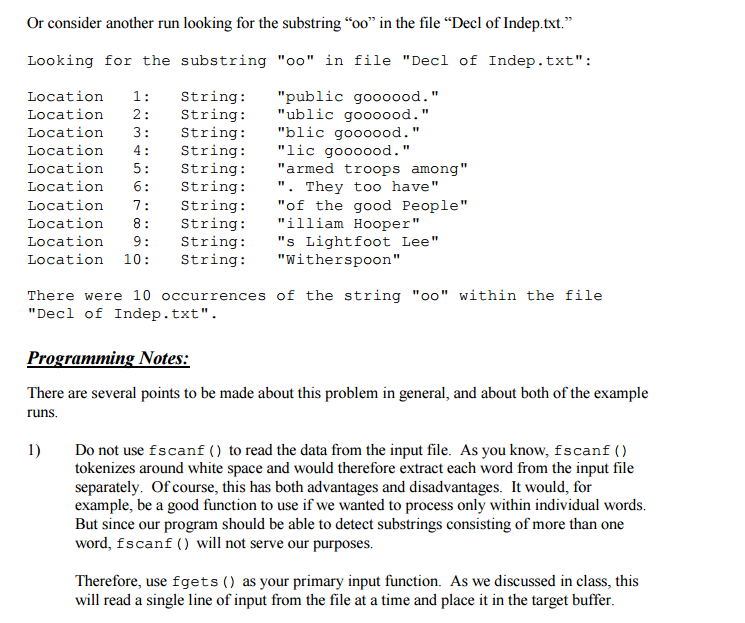C Language Notes In Pdf
Lecture files. LEC # TOPICS LECTURE NOTES 1 Introduction. Writing, compiling, and debugging C programs. () 2 Variables and datatypes, operators.
If you want to set up your environment for C programming language, you need the following two software tools available on your computer, (a) Text Editor and (b) The C Compiler. Text Editor This will be used to type your program. Examples of a few editors include Windows Notepad, OS Edit command, Brief, Epsilon, EMACS, and vim or vi. An Introduction to C++. The aim of the notes is to provide an introduction to the C++ programming language. These notes are dedicated to the people who.
() 3 Control flow. Functions and modular programming. Variable scope. Static and global variables.
() 4 More control flow. Input and output. () 5 Pointers and memory addressing. Arrays and pointer arithmetic. Searching and sorting algorithms.
() 6 User-defined datatypes, structs, unions, bitfields. Memory allocation.

Linked lists, binary trees. () 7 Pointers to pointers, pointer and string arrays, multidimensional arrays. Stacks and queues. () 8 Void and function pointers. () 9 External libraries. B-trees, priority queues. () 10 C standard library: stdio.h, ctype.h, stdlib.h, assert.h, stdarg.h, time.h () 11 Dynamic memory allocation, malloc and valgrind, garbage collection.
() 12 Multithreading and concurrency. () 13 Multithreaded programming. Sockets and asynchronous I/O. () 14 Linux inter process communication. This is one of over 2,200 courses on OCW. Find materials for this course in the pages linked along the left. MIT OpenCourseWare is a free & open publication of material from thousands of MIT courses, covering the entire MIT curriculum.
No enrollment or registration. Freely browse and use OCW materials at your own pace. There's no signup, and no start or end dates.
Knowledge is your reward. Inline Lamp Switch. Use OCW to guide your own life-long learning, or to teach others.